Self-direction is the heart of our philosophy
Student-led learning is the future. Silent rows of desks, teaching to the test, worksheets and one-size-fits-all curriculum don’t cut it anymore. Those strategies kill the love of learning and stifle innovative thinking. Our students co-create the curriculum, the rules, and the culture. The result is learning that is more meaningful and enduring, and daily life that is more fulfilling.
How does learning happen at SB Free? Students and staff collaborate to turn interests, passions, and big questions into programming.
Classes at SB Free are initiated and organized by the students themselves; they don’t “take” classes, they create them. By deciding what and especially how they want to learn, students have the flexibility to learn in a wide range of modalities. Students may learn from traditional subject matter teachers, working professionals, practicing artists, or even online. With our College Cooperative program of Dual Enrollment, students can build college credit while studying alongside their SB Free peers. Some student-generated classes from last semester are U.S. History, Spanish, Music, Analog Photography, and Ceramics.
Cooperatives are student initiated and led, from idea to reality. Some examples from this year are the Geo-Cooking, Rock Climbing, and Woodworking coops. For example, each week Geo-Cooking students pick a culture, find a recipe, budget it out, head off-campus to shop for the ingredients, cook it all themselves, and bring a delicious meal to our weekly School Meeting! But first they had to find the kitchen, budget for it, and negotiate access. Students practice the leadership, administration, and independence required to achieve their goals.
Working groups are forming to tackle big issues. They’re a chance to gather questions, collect research, and create recommendations for School Meeting. Our first is the “Artificial Intelligence Working Group” with many questions around AI in education and professional life: “How will AI change the way school happens? What are the risks and benefits of using AI to facilitate our democracy?” We’re in dialogue with each other, and with Chat GPT, as we grapple with a changing world.
Project Time was created because sometimes students want the space and freedom to pursue their own projects, alone or in a small group. To support interests like Game Design or Garment Sewing, our students made time in our schedule where everyone is around, but nothing is programmed. That way they have the freedom, collaborators, and resources to pursue their unique interests.
Workshops and Seminars are just the thing when students want to explore a variety of related topics, or hear from a series of interesting speakers. In our “Life Skills Seminar” students organized an ongoing series of speakers to present on topics like Personal Finance and Investing, Wilderness Survival, and Professional Skills.
Internship, apprenticeship, and entrepreneurship are all exciting ways to learn at SB Free. Students are encouraged to pursue their interests outside of the classroom; learning professional skills and building a compelling transcript along the way. Students are facilitated by educators and partners from across our community who bring decades of experience and professional connections.
It’s all held together by faculty who ensure that every student has the support they need to take charge of their own education, the resources to explore their passions, and a safe and fun environment to look forward to school every day.
“What do I want to do?”
It’s powerful to ask that question early in life. So many of us weren’t given that chance until college or beyond. It gives us the power and responsibility to determine our own values. With those values, it’s up to us to learn how to live them.
Every one of us will face that question at some point in our lives; our gift to the students at Santa Barbara Free School is the chance to practice that joyfully and safely– to become experts at self-direction.
Consider these questions:
How would you feel in an environment where you and your peers don’t compete against each other to succeed, comparing “winners” and “losers,” but instead celebrate the different ways we learn and create?
If you were not only allowed but encouraged to pursue your passions at school, how would you have spent your time?
What might happen if we reframe the question, “What do you want to be when you grow up?” and ask instead, “What do you care about right now? How can you serve yourself and your community– today?”
